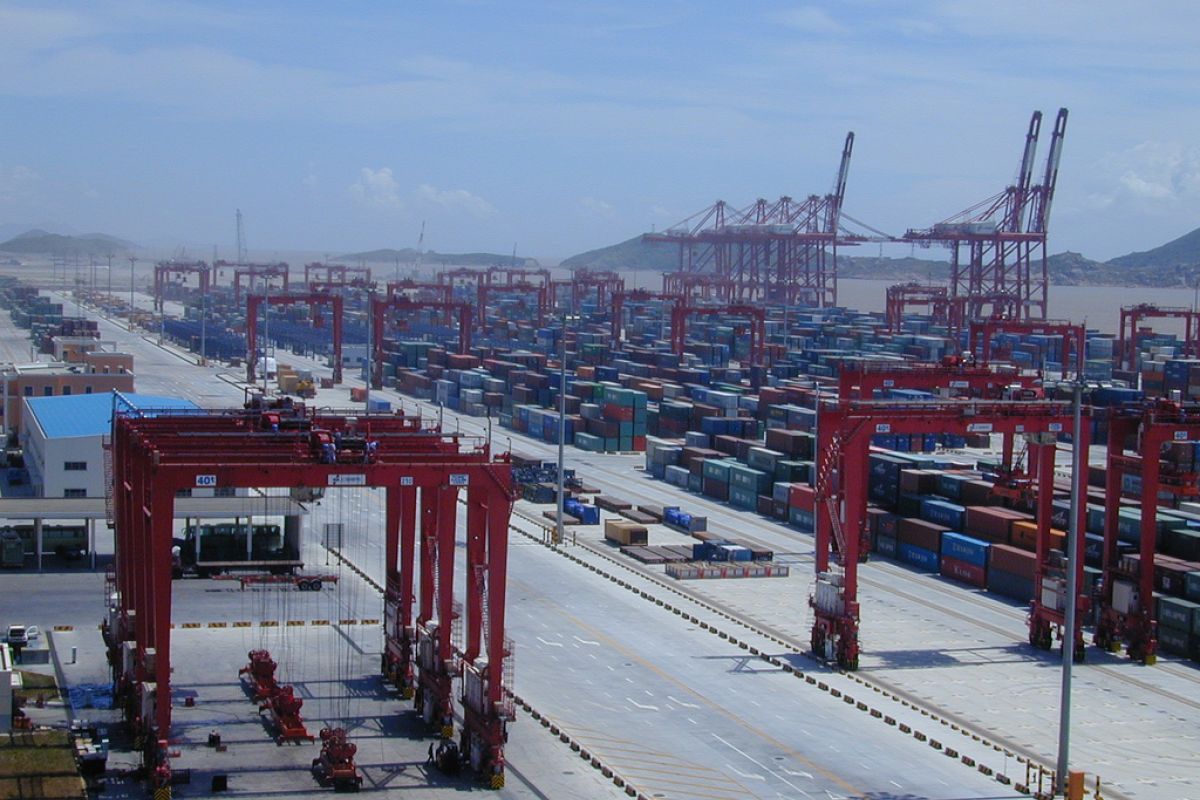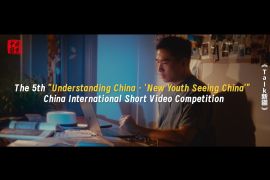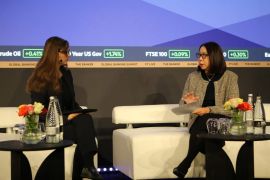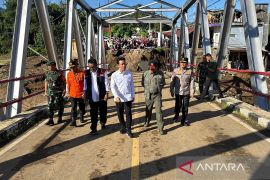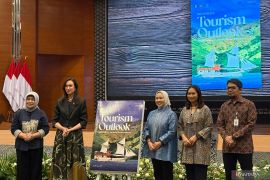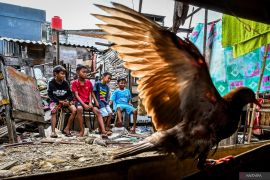The rupiah’s volatility would continue and likely remain under pressure against the US dollar in the face of no improvement in the global economy, Deputy Chairman of the Budgetary Committee of the House of Representatives (DPR) Said Abdullah noted in a press statement released on Tuesday.
The normalization of the Fed's monetary policy coupled with the US-China trade war leading to a currency war had resulted in the rupiah's depreciation against the US dollar, he pointed out.
Related news: Be aware of trade war impact: Sri Mulyani
"Hence, if the two giant economies are embroiled in war, the global trade flow and market chains will be hindered. Consequently, Indonesia's export performance will be disrupted due to low demand," he stated.
For its part, the Indonesian Democratic Party of Struggle (PDIP) politician has urged the government to come up with a large strategy, as China and the United States are the key markets for Indonesian exports.
Trade Minister Enggartiasto Lukita had earlier highlighted the government’s focus on encouraging textile and textile product exports to improve the trade balance that had suffered a deficit of US$1.90 billion during the first semester of 2019.
"We must do everything to boost exports in the midst of the global uncertainty," he stated.
Lukita called to take strategic steps by capitalizing on the US-China trade war.
The Central Statistics Agency (BPS) had earlier made an announcement that the trade balance in July 2019 had recorded a deficit of US$63.5 million. Cumulatively, the trade deficit in the initial seven months of 2019 had reached $1.9 billion. Related news: Jokowi discuss opportunities, threats of US-China trade war
Related news: Performance of capital market still gauged as good: OJK
EDITED BY INE
Translator: M Razi Rahman/Suharto
Editor: Fardah Assegaf
Copyright © ANTARA 2019
